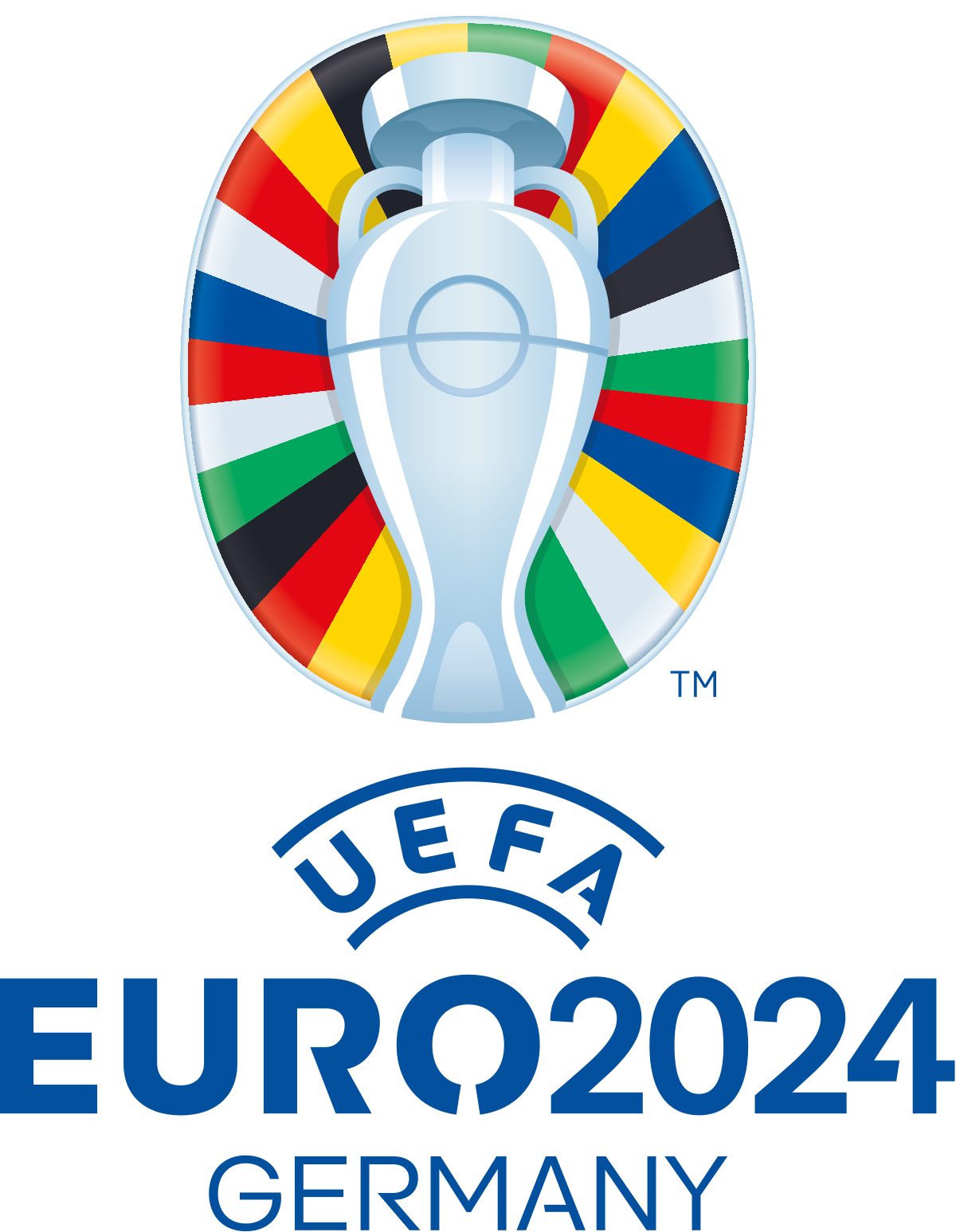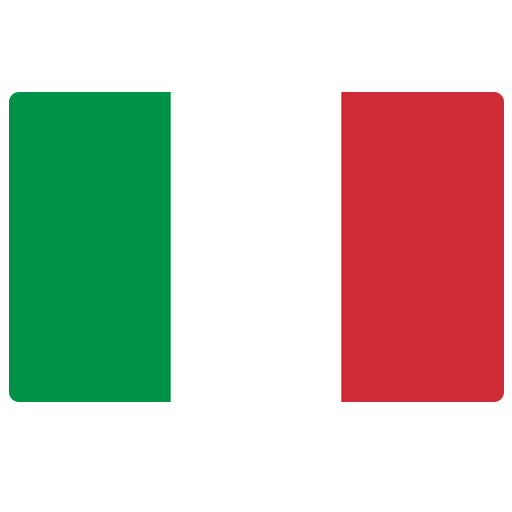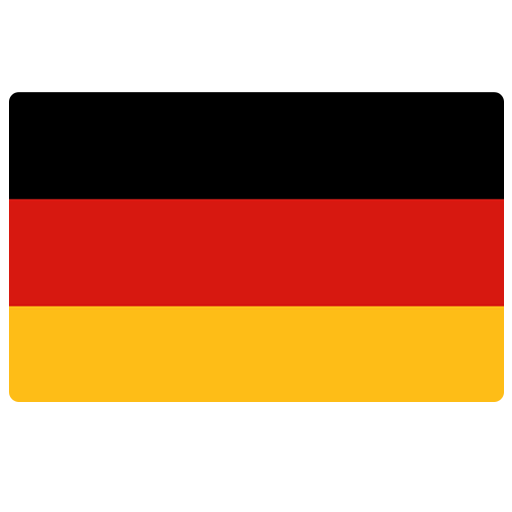- Founded 1960 (64 years ago)
- Region Europe (UEFA)
- Number of teams 24
- Dates of the event Yearly (June–July)
- Current champion
 Italy
Italy - Most successful club
 Germany
Germany - Website https://www.uefa.com/euro2024/
General information
UEFA European Championship Overview
The UEFA European Championship, commonly referred to as the UEFA EURO or simply EURO, is one of the most prestigious international soccer (football) tournaments in the world. It is organized by the Union of European Football Associations (UEFA), the governing body for soccer in Europe. The EURO is held every four years, with teams from European nations competing for the coveted title.
Before the tournament itself, there is a qualification process in which national teams compete in a series of matches to secure a place in the final tournament. Qualification matches are held over several months leading up to the championship.
The final tournament, which is the main event, typically features 24 national teams. These teams are divided into six groups of four teams each in the initial group stage. Each team plays a round-robin format within their group, with points awarded for wins and draws. The top two teams from each group, along with the four best third-placed teams, advance to the knockout stage.
The knockout stage consists of the Round of 16, quarter-finals, semi-finals, and the final. Teams are eliminated in a single-elimination format, with the winners advancing to the next round until only two teams remain for the final match.
History
EURO History
This competition has been Europe’s most prestigious gathering of national teams for the last six decades. Its inaugural tournament comprised four teams: the former Czechoslovakia, the former Yugoslavia, the former Soviet Union (USSR), and France.
Later on, in 1980, the number of its participants increased to 16 teams due to most teams finding it difficult to qualify. In fact, it was easier to qualify for the FIFA Senior Men World Cup than for the EURO tournament, as it’s popularly known. For instance, Europe produced 14 out of 24 teams participating in the FIFA Senior Men World Cup in 1982, 1986, and 1990. Ironically, the European Championship only allowed 8 teams as late as 1980.
In the last tournament in France, the number of teams increased to 24 up from 16. This increase followed prolonged concerns that different European nations raised with UEFA. For example, the Republic of Ireland and Scotland appealed to the disintegration of the championship’s three founding participants into different nations, which resulted in the emergence of over 15 new nation-states, thereby making sense to raise the number of participants.
The mode of choosing participants has been changing since its inception six decades ago. For instance, the 1960 and 1964 championships saw teams participate after home and away playoff games. After the 1968 finals, the model changed to allow the blending of group qualifications and playoff games.
The host nation’s selection took place after choosing one out of the four finalists following the teams’ qualifications. However, the system changed after 1980, allowing the host nation or nations to be picked before the qualifiers. Moreover, the host country’s team gets an automatic ticket to play in the EURO qualifiers.
Fascinating Historical Fact
Spain is the only country that successfully defended the Euro Cup in 2012, becoming a two-time keeper of the award.
Format and rules
The EURO has a specific format and rules that determine its procedures and eligibility for participation. Here’s how the regulations and rules unfolded chronologically.
1960 – 1976
Between 1960 and 1976, the championship comprised only the semi-finals, the third-place game, and the final game.
1980
During the 1980 tournament, there was no semi-final stage. Instead, the group winners proceeded straight to the finals while their runners-up contested for the third place.
1984 – 1992
Between 1984 and 1992, the tournament featured group stages with two groups. The group winners plus their runners-up advanced to the next stage of four, or the semi-finals. The remaining four teams contested for the final stage of two best teams that were poised to conquer Europe. The winner was crowned the European champion.
1996 – 2012
1996 and onwards, the finals featured four groups, the best two in each of them advanced to the next round. The next knockout stage was the quarter-finals that featured eight teams battling each other for the semifinals of four teams. The winner of the semi-finals progressed to the finals for the ultimate EURO match.
2016
In 2016, the final phase featured group play with six groups. Out of these groups, two to three teams could advance to the next level. The best of the 24 teams advanced to the round of 16.
After these matches, winners in every pairing progressed to the quarter-finals that included 8 teams. The eight remaining teams battled each other for the semi-final slot. The semifinals produced two winners who went through to the finals where Portugal beat France, the host, to clinch the trophy for the first time.
2020 (2021)
The 2020 UEFA is a competition that became the 16th UEFA European Championship. Due to the COVID-19 worldwide lockdown, EURO 2020 actually took place one year later, in 2021.
The event was hosted by 12 different cities across 12 European nations between June 12 and July 12 2021. The contest is organized to celebrate the 60th anniversary of the championship that is the world’s most famous football event after FIFA’s World Championship.
Initially, there were 13 venues chosen for the tournament but two were later dropped. UEFA chose Stadio Olimpico in Rome to host the opening match between Italy and Turkey, while Wembley Stadium in London was selected as a semi-final and final venue for the second time,following the 1996 tournament held in England at the original stadium of the same name.
The final was a dramatic game with Italy meeting England at Wembley stadium in London. The English team scored first, but Italy could tie the game. The full time was a 1-1 draw, with Italy finally making it on penalties, 3-2.
Euro 2020 was well received by fans and commentators, with the most goals per game in a European Championship since the introduction of the group stage, and only two goalless games. Another novelty was the VAR introduction for the first time in European championships. Overall, the VAR conservative approach was praised by experts.
Trophies and awards
The Euro Cup is named after a legendary football fan Henri Delaunay. He was the original Secretary General of UEFA who established the tournament. Unfortunately, he passed away five years before the implementation of his brainchild. However, his son took over the creation of the trophy that has been passing on from one winner to another every four years.
Participating teams in the UEFA EURO receive various financial rewards based on their performance. These rewards are often distributed as part of a solidarity fund that UEFA establishes for the tournament. The exact prize money and distribution may vary from tournament to tournament but typically include participation fees, bonuses for match wins and draws, and further bonuses for advancing to different stages of the competition. The winning team receives the largest share of the prize money, which can be a significant financial incentive.
The ultimate reward for participating in the UEFA EURO is the opportunity to win the Henri Delaunay Trophy, which is awarded to the tournament’s champion. This trophy represents the pinnacle of European national team soccer and is highly prestigious. Winning the EURO is a source of great pride for the players, their nations, and their fans.




 Italy
Italy Germany
Germany